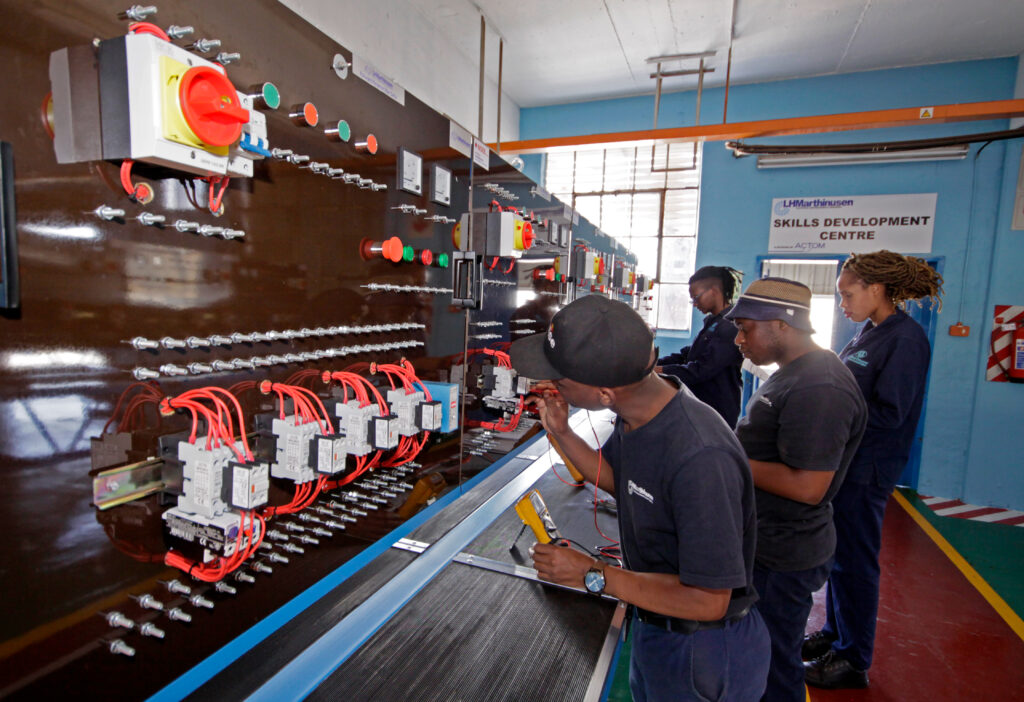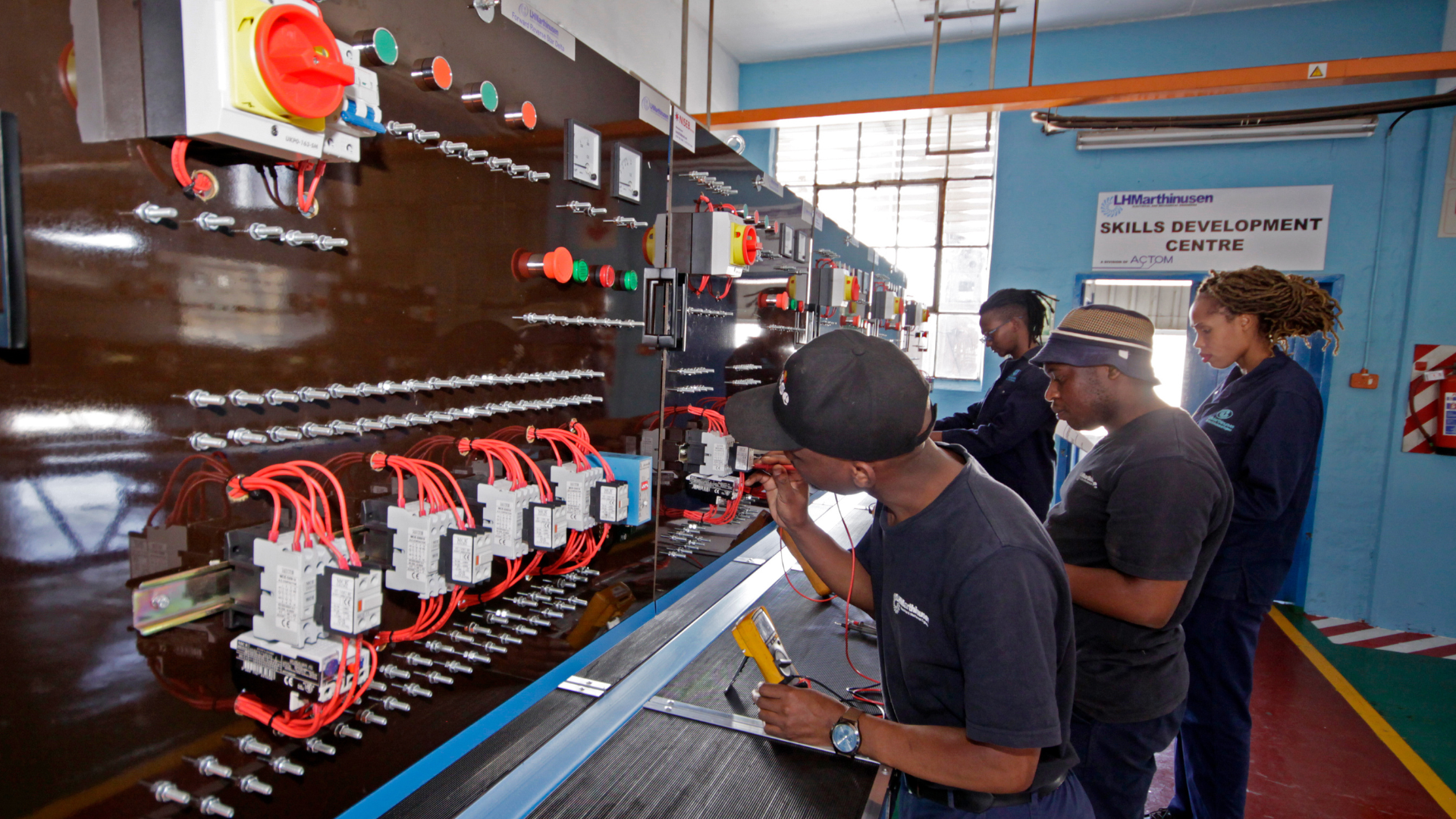Staying at the forefront of technology is crucial for businesses wanting to maintain their competitive edge in today’s rapidly evolving industrial landscape. To achieve this, investing in talent development and equipping the next generation of engineers with hands-on experience is an invaluable strategy.
For example, there are several key benefits to investing in bespoke motor, fan, and transformer maintenance training programmes for both young engineers and industrial companies. On the one hand, investing in young engineers empowers them to find employment, while on the other, it helps to create the next generation of engineers, providing industries with a sustained skilled workforce.
Addressing South Africa’s acute skills shortage is crucial, particularly considering the ongoing loss of qualified personnel through emigration. Therefore, it is imperative that industrial companies empower and train young engineers to fill these gaps. At the same time, it is also important to avoid a situation where businesses invariably compete for a small number of skilled engineers, which would not only drive up the cost of these skills but also potentially impact the sustainability of industries.
Valuable hands-on experience
Through apprenticeship, learners gain valuable skills that enhance their employability, even if they do not transition to permanent roles within the training company. Meanwhile, companies build a pipeline of talent equipped with both technical expertise and familiarity with their organisational culture. At the end of the training period, the company can select the best talent and incorporate them into positions where they can add value.
Experiential learning is also key to overcoming the challenges faced by most graduates who have the theoretical knowledge but lack the practical experience that employers look for in job applicants. Unfortunately, the industry can be hesitant to give individuals with no experience an opportunity as it is perceived as a greater risk.
However, this perception could be changed if the industry would offer young engineers the opportunity to gain a year or two of practical exposure, especially given that the cost of these programmes is not excessive, and funding is available through the various Sector Education Training Authorities (SETAs). The benefits of experiential programmes to both businesses and graduates far outweigh the costs.
Understand the funding landscape
The first step for industrial businesses that want to effectively incorporate these training opportunities into their talent development strategies is to understand the landscape around what funding is available, particularly for artisans and technologists and understand the processes that need to be followed and plan for funding upfront.
Another suggestion is for companies to find a mechanism to potentially incentivise mentors on the shop floor – older and more experienced artisans – to take the youngsters under their wing and train them because very often companies hire apprentices merely as cheap labour. At the end of the programme, these apprentices struggle to find jobs as they have gained little concrete knowledge.
Companies need to understand the significance of nurturing young engineering talent and the value that bespoke experiential training programmes can deliver. A community of skilled individuals can add value to the industrial businesses they work for while nurturing the future of engineering and the industry. Thus, developing young engineers should not be seen as just an act of goodwill or an effort to increase a BBBEE score, but also as a strategic move that will build a bridge to the future.



